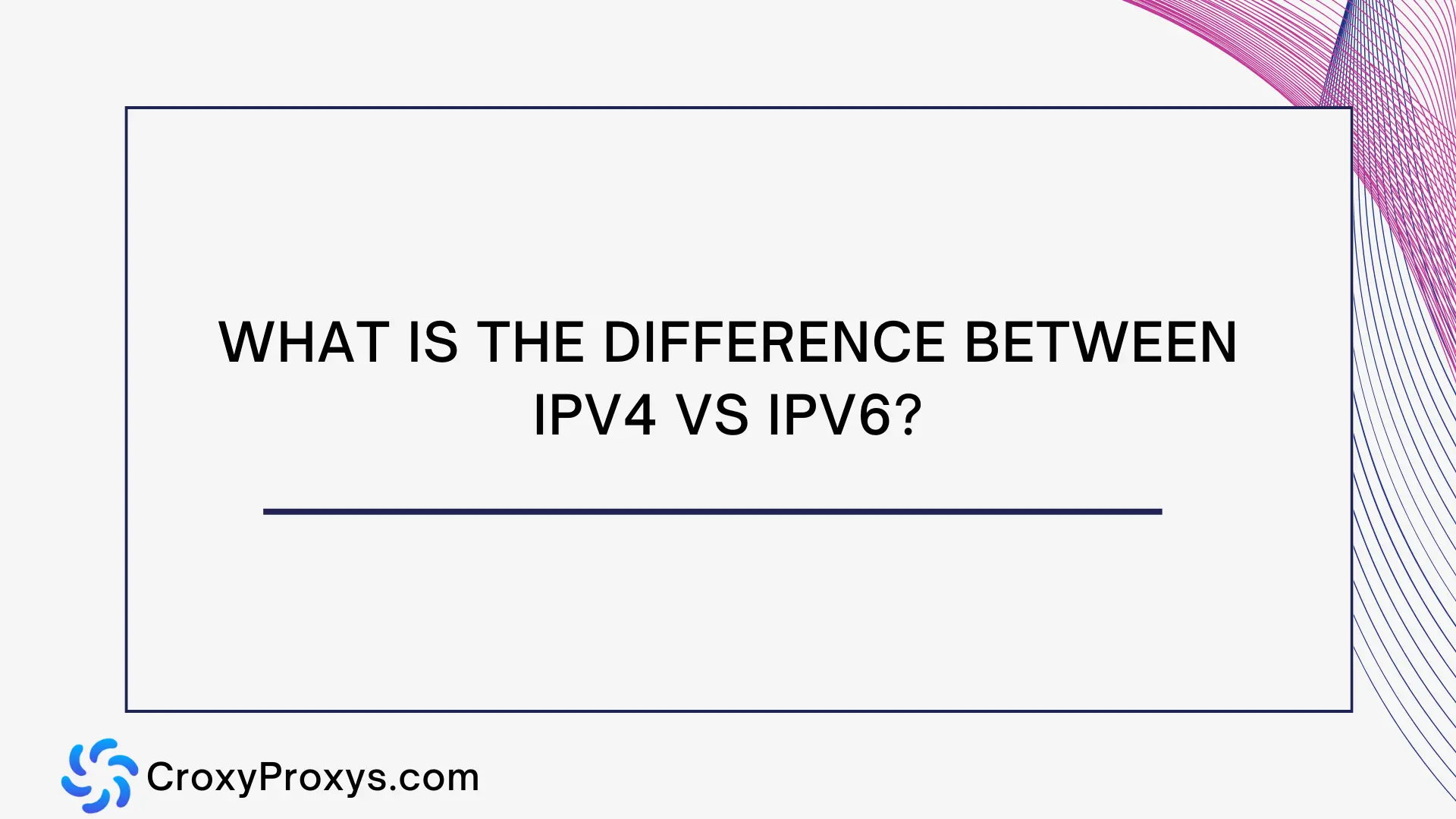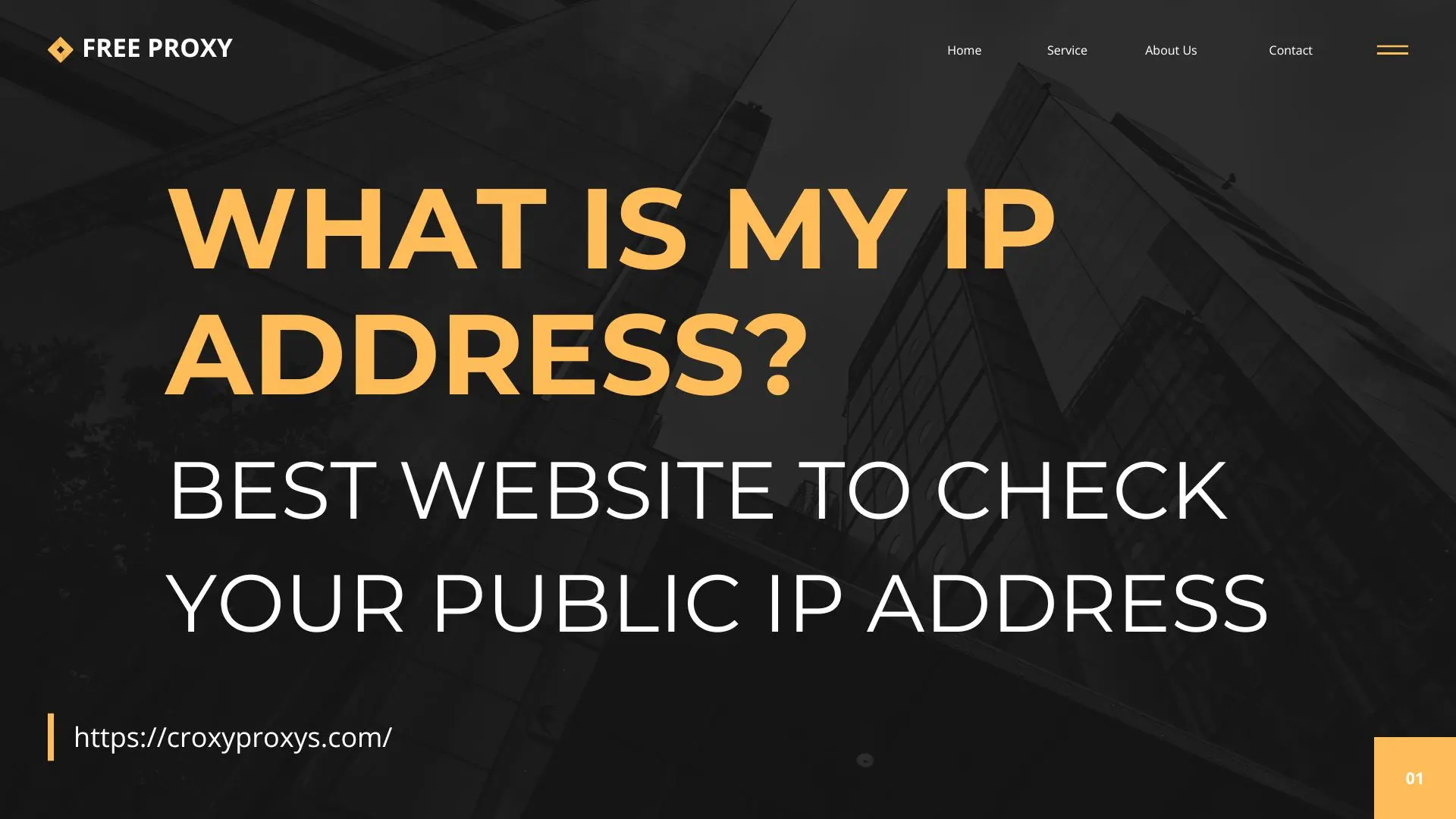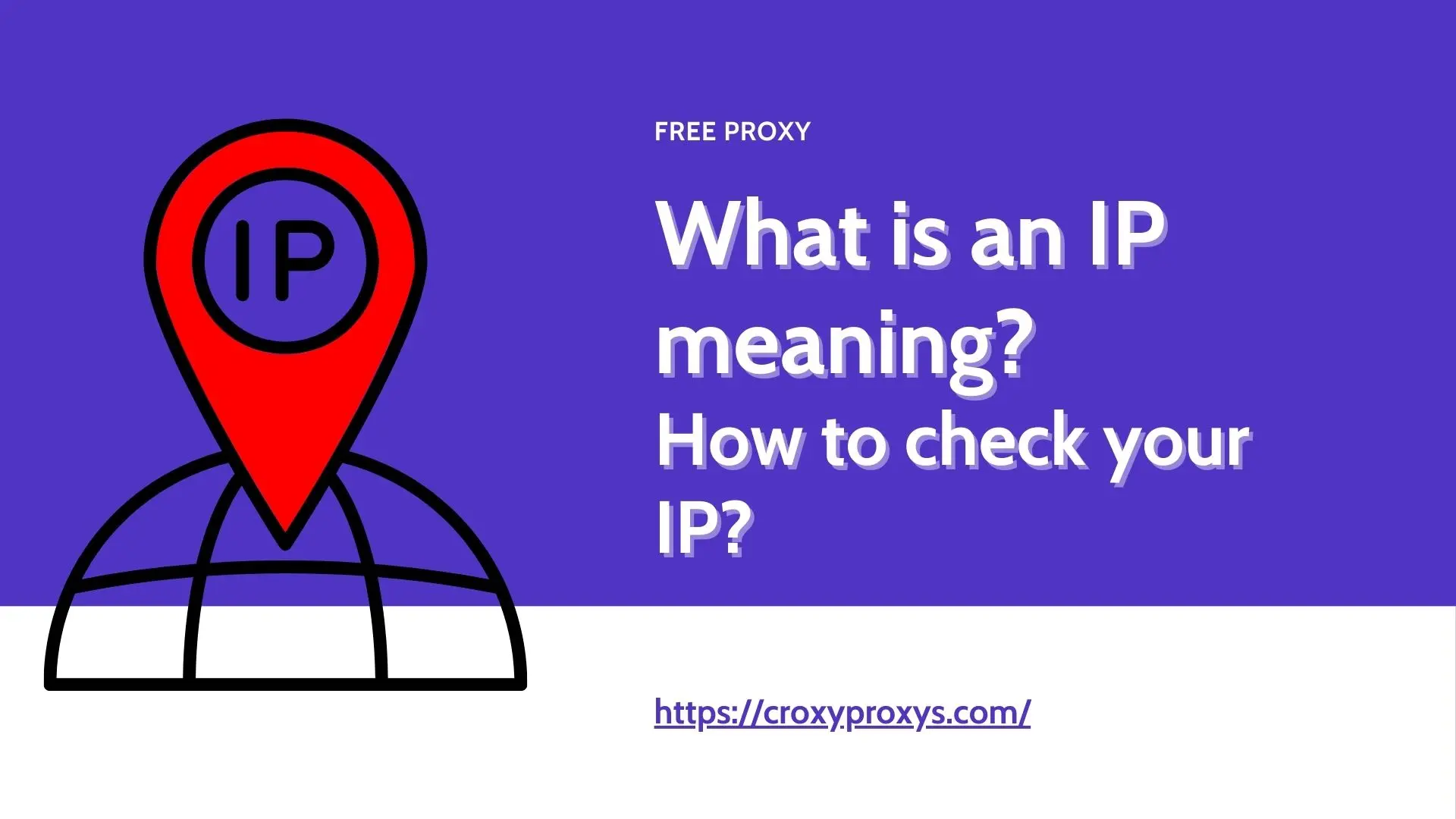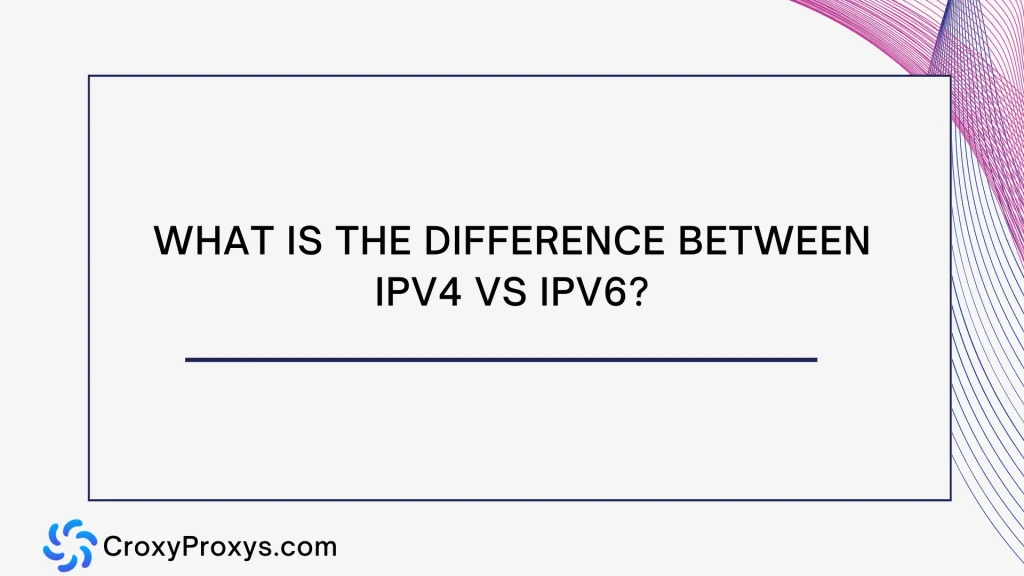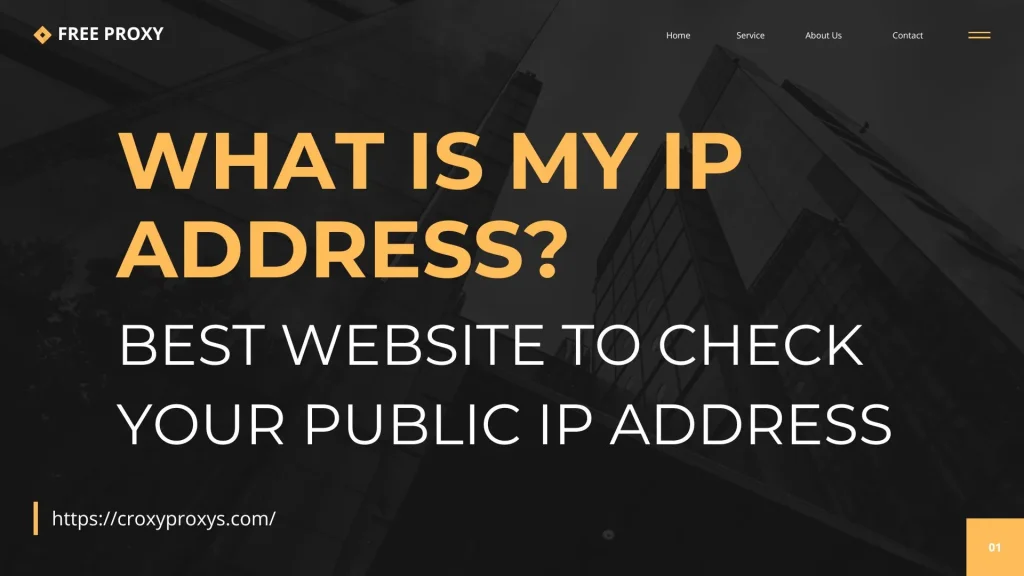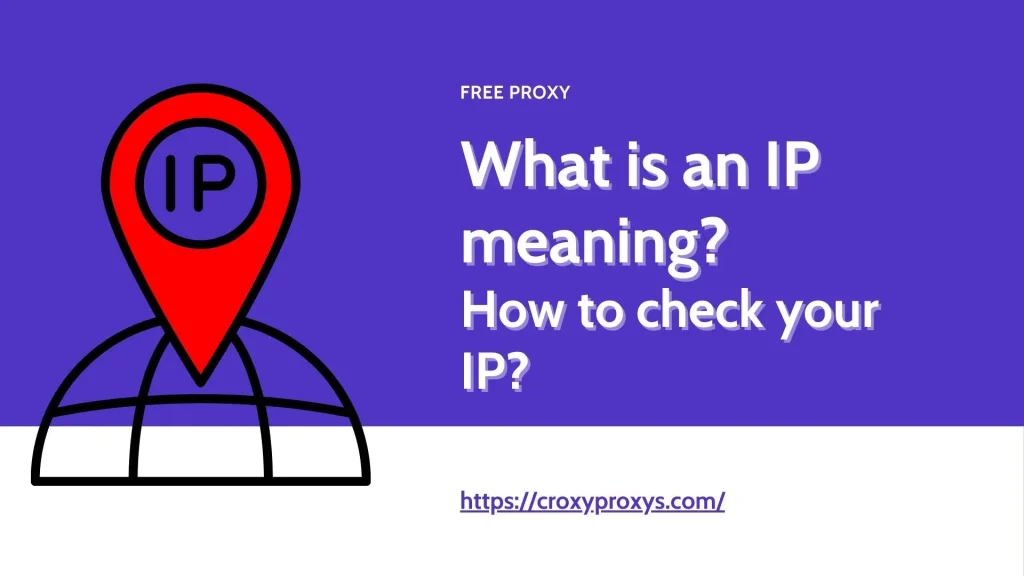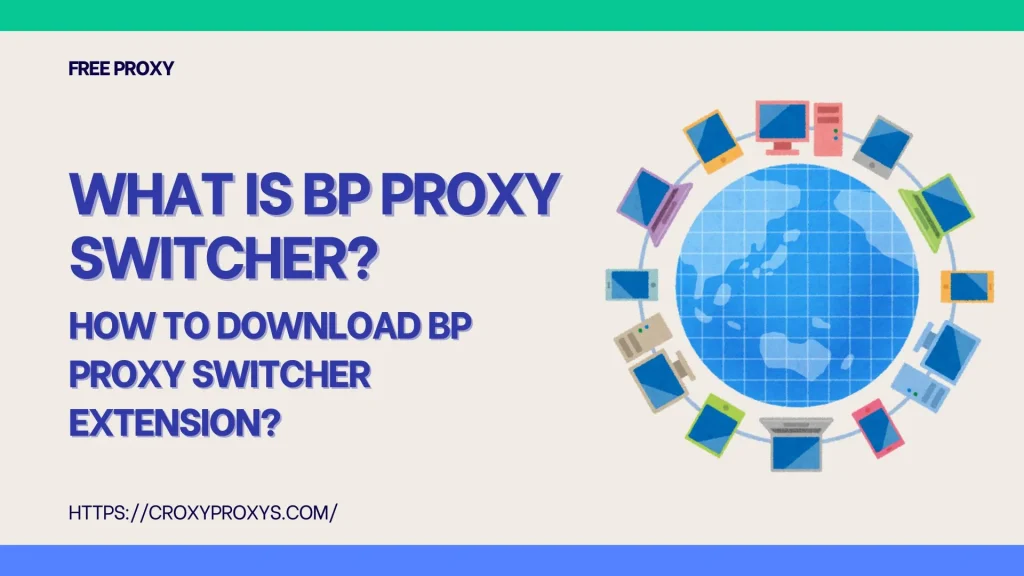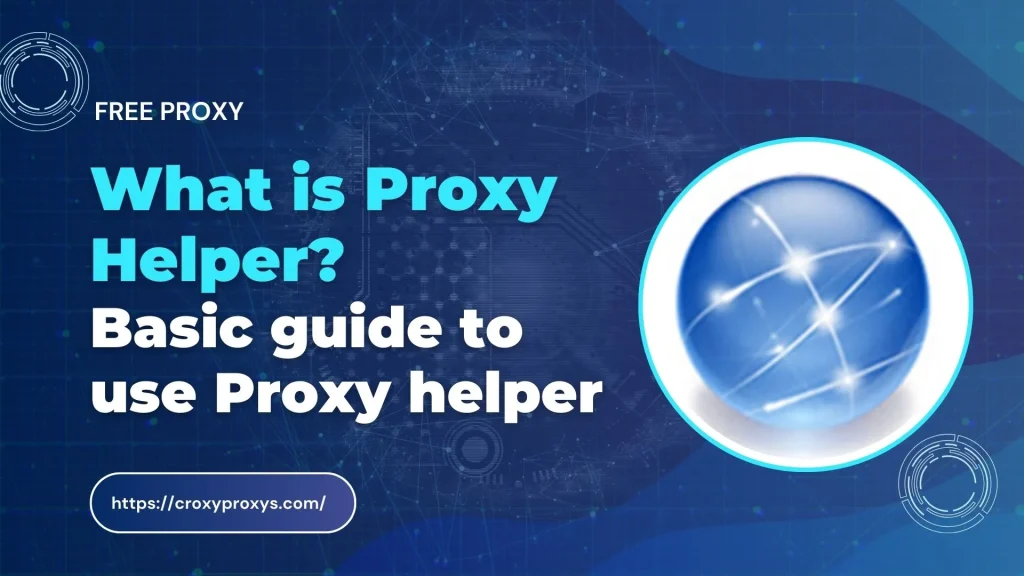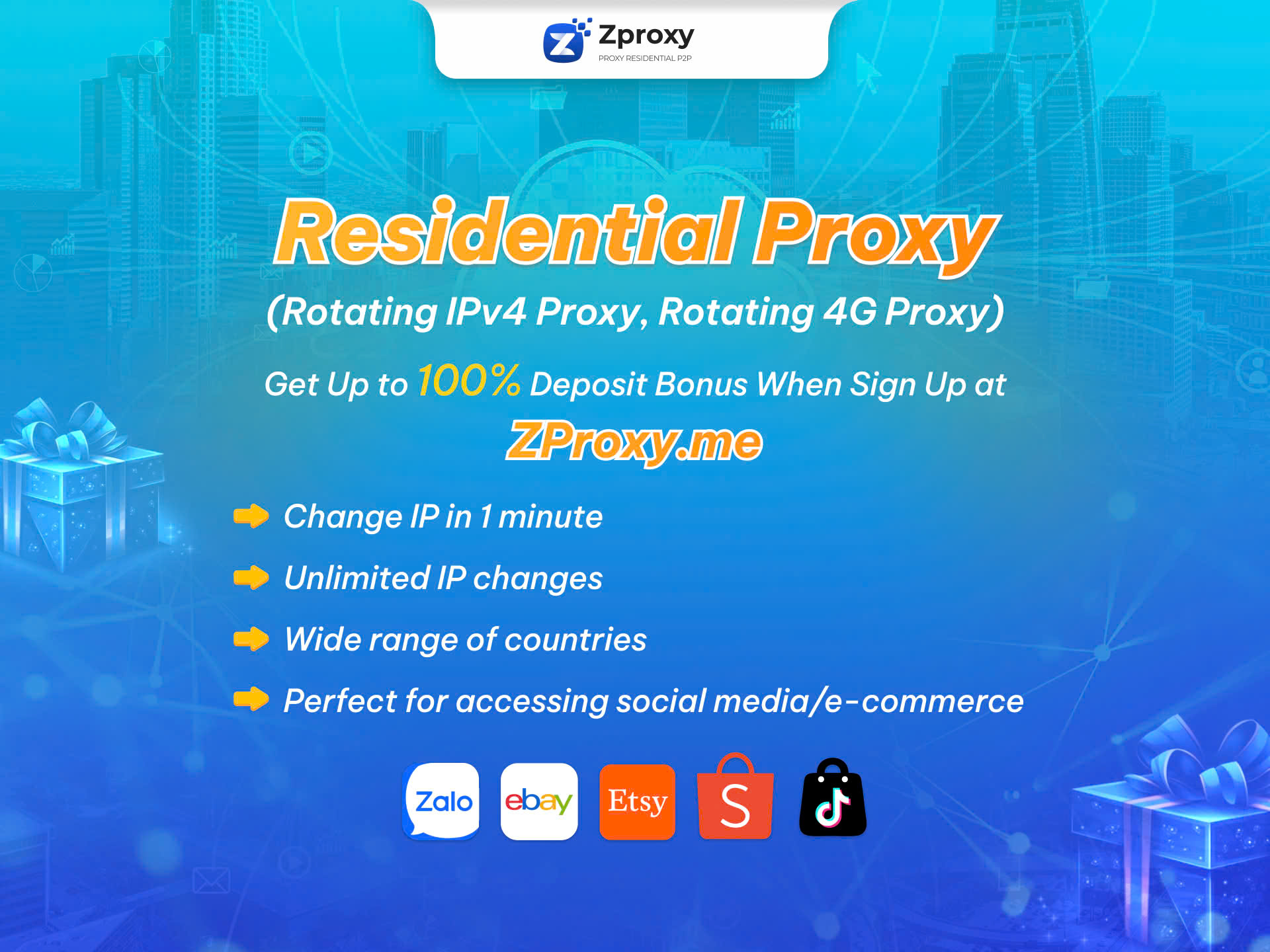In the vast landscape of the internet, privacy and security are ever-evolving concerns. Proxy APIs, a specific type of intermediary tool, have emerged as a potential solution for users seeking to navigate the web with greater control. But what exactly is a ProxyAPI, and should you incorporate it into your browsing habits? This comprehensive guide delves into the world of Proxy APIs, exploring their functionalities, benefits, drawbacks, and use cases to help you make an informed decision.
What is ProxyAPI?
A ProxyAPI acts as a bridge between your device and the internet. When you access a website or online service, your request typically travels directly from your device to the target server. However, with a Proxy API in place, your request gets routed through the Proxy API’s server first. The Proxy API then forwards the request on your behalf, masking your original IP address and potentially anonymizing your online activity.
There are two main categories of ProxyAPIs:
Forward ProxyAPIs: These APIs act as intermediaries between your device and the internet at large. They receive your requests, forward them to the target server, and deliver the server’s response back to you.
Reverse ProxyAPIs: Primarily used by web servers, these APIs sit in front of a server and handle incoming requests. They can perform various functions such as load balancing, security measures, and content caching before ultimately directing the request to the appropriate backend server.
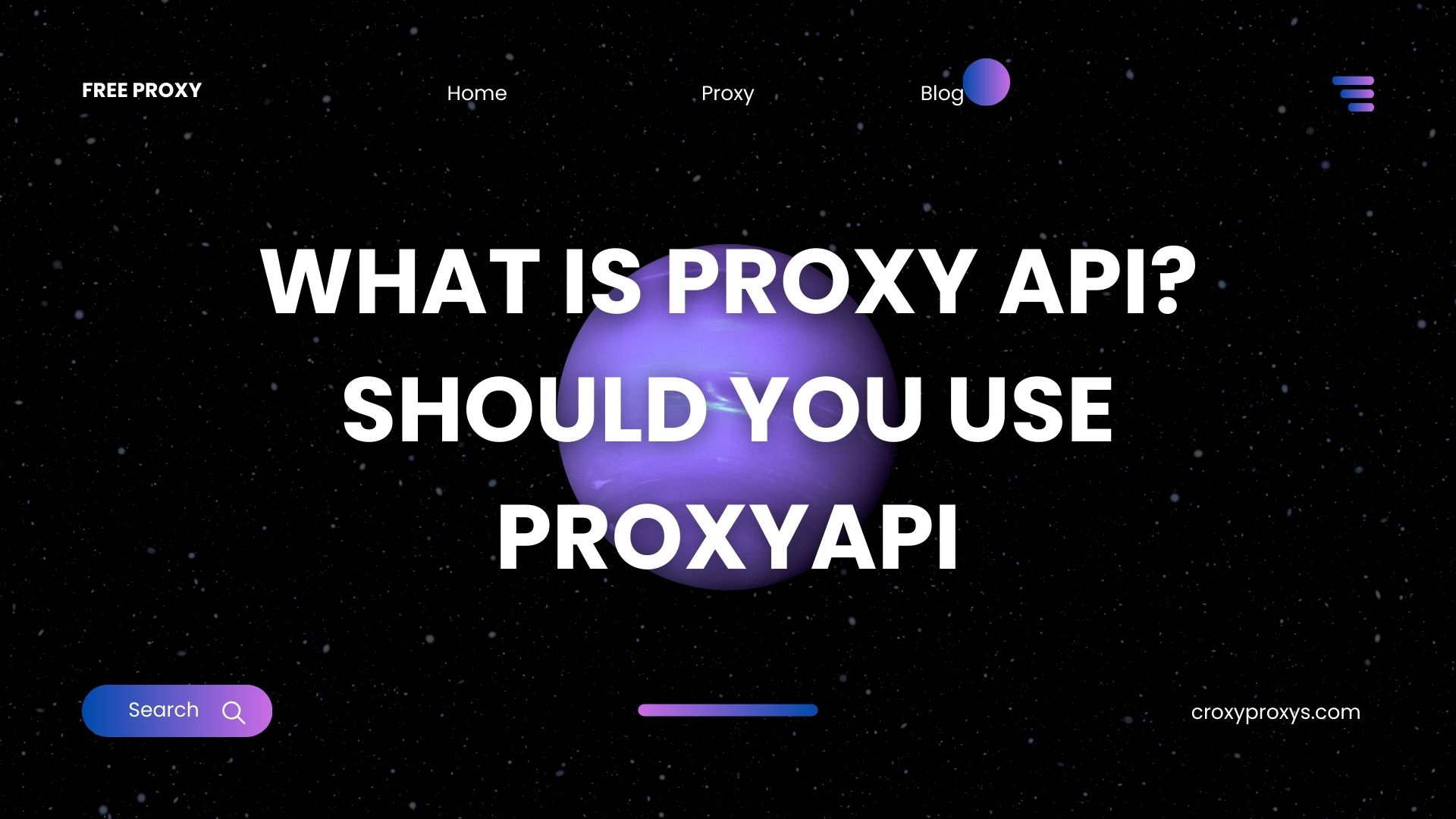
Unveiling the Advantages of ProxyAPIs
ProxyAPIs offer a range of potential benefits for users seeking enhanced control over their online experience. Here are some key advantages to consider:
Enhanced Privacy
By masking your IP location, Proxy APIs can make it more difficult for websites and online services to track your browsing activity. This can be particularly useful if you’re concerned about targeted advertising or data collection practices.
Geo-Restrictions Bypass
Certain websites and online content may be geo-restricted, meaning they’re only accessible from specific geographical locations. Proxy APIs located in permitted regions can help you bypass these restrictions and access the desired content.
Improved Security
Some Proxy APIs offer additional security features, such as encryption, which can help protect your data from potential interception during transmission. This can be beneficial when using public Wi-Fi networks.
Web Scraping Facilitation
ProxyAPIs can be used for web scraping, a process where data is automatically extracted from websites. By rotating IP addresses, Proxy APIs can help mitigate the risk of being blocked by the target website.
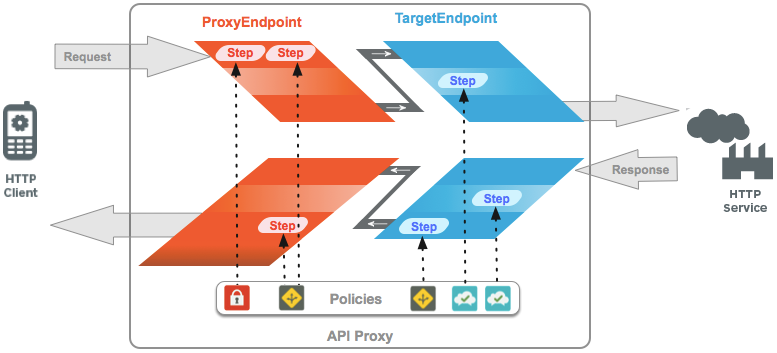
Exploring the Potential Drawbacks of ProxyAPIs
While ProxyAPIs offer certain advantages, it’s crucial to acknowledge their potential drawbacks as well:
Performance Impact
Routing requests through an additional server can introduce latency, potentially slowing down your internet connection speed.
Reliability Concerns
The performance and reliability of a Proxy API heavily depend on the provider’s infrastructure and maintenance practices. Some free Proxy APIs may be unreliable or have limited functionality.
Security Risks
Not all ProxyAPIs are created equal. Free or unreliable Proxy APIs may be susceptible to security vulnerabilities or even malicious activities.
Legality Considerations
In certain regions, bypassing geo-restrictions using Proxy APIs might be against the terms of service of some websites or even violate local laws. It’s essential to be aware of the legal implications before using a ProxyAPI.
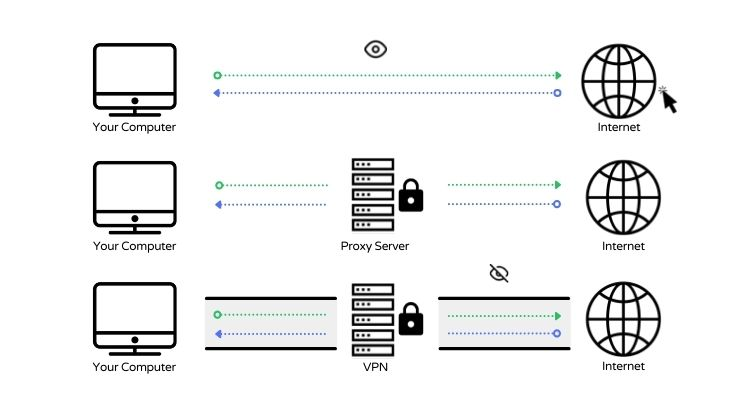
Determining if a ProxyAPI is Right for You
The decision to use a Proxy API depends on your specific needs and priorities. Here are some factors to consider:
Privacy Concerns
If you’re highly concerned about online privacy and data collection practices, a reputable ProxyAPI can be a valuable tool.
Geo-Restrictions
If you regularly encounter geo-restricted content, a Proxy API can help you access it. However, be mindful of the legal implications.
Security Requirements
If you frequently use public Wi-Fi networks or handle sensitive information online, a ProxyAPI with strong security features might be beneficial.
Performance Needs
If consistent high-speed internet is crucial for your online activities, a ProxyAPI might introduce unwanted latency. Consider the trade-off between privacy and performance.

Unlock the Web with Free Proxy
Unlocking a website with a free proxy involves using an intermediary server to access restricted content or bypass geographical restrictions. Free Proxy provide users with the ability to mask their IP addresses, allowing them to browse the internet anonymously and access websites that might be blocked in their region.
While this approach can offer a quick solution to overcome certain restrictions, it’s essential to exercise caution. Free Proxy may not always guarantee privacy and security, as some may log user data or expose them to potential risks. Additionally, relying on Free Proxy might result in slower internet speeds and limited functionality compared to premium services. Users should weigh the benefits and risks before opting for free proxies to unlock websites.


